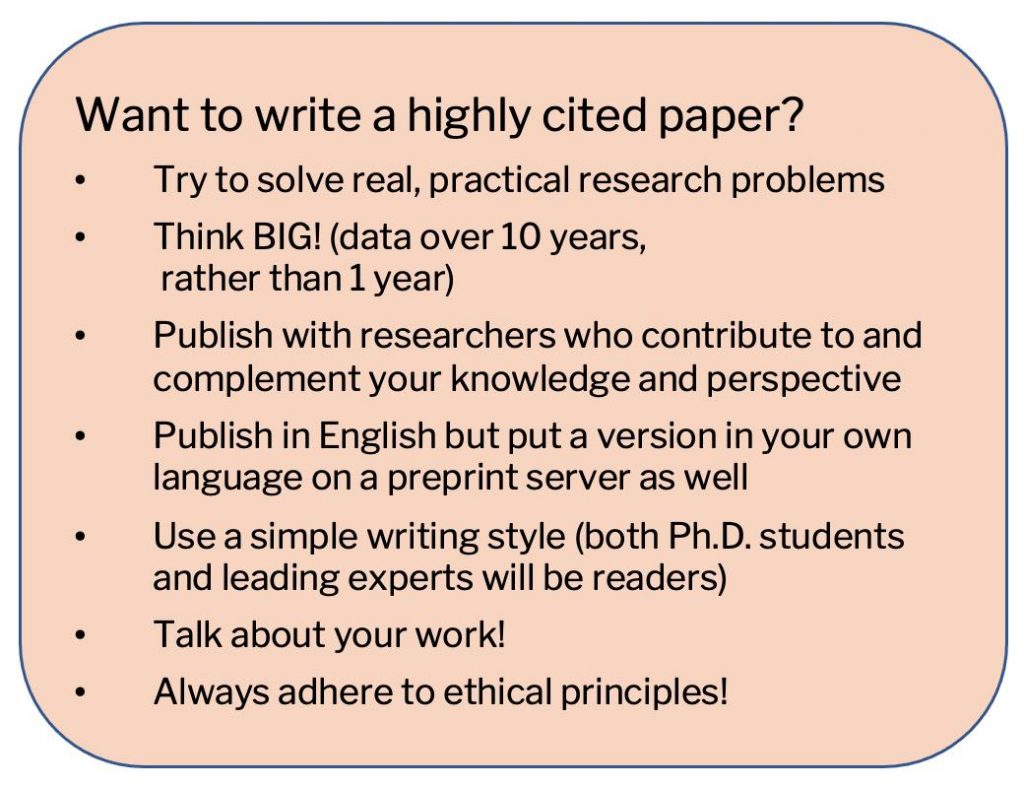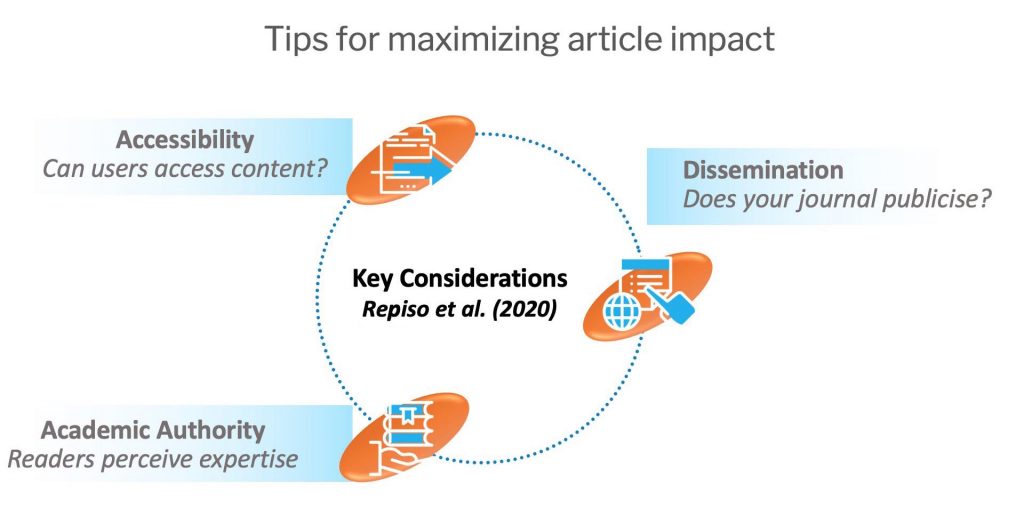How is academic assessment moving away from just impact factors?
We’ve all been there. Often, the first question people ask about our published research is ‘which journal did you get it into?’ The question of maximising ‘impact’ then is so often tied up in the minds of researchers with the question of journal. Getting a journal with an impact factor (IF) of 10 is therefore better than getting work published in a journal with a lower IF.
We teach about, and advise on, journal selection at the Edanz Learning Lab; this is one of the most important questions researchers face throughout the academic writing and publishing journey. But what is impact, really?
How can I understand the impact of my research work?
Universities around the world have been moving away from research assessments based only on journals. In the UK, for example, for many years now academic departments are assessed based on a range of impact-related variables, including publications. Back in the day, academics would sit in their ivory towers, writing papers and assessing very specific research questions, perhaps of no interest to anyone other than themselves. How can we really assess and consider the question of impact? What does your research mean to others?

Impact can be considered most effectively as a mixture of academic and socioeconomic factors. The first of these is quite easy to assess: Based on journal impact factor, circulation, downloads, shares, citations: All metrics we can collect as researchers. Do you? One mistake that lots of early career researchers make when starting out on their careers is to not get into the habit of assessing their work: Collecting these kinds of data. Imagine: You have to write a grant proposal, or participate in a research assessment of your impact. These kinds of metrics are invaluable.
Impact is a journey, not just an event
Best then to think about research impact as a journey. Talking about your work, posting blog articles, creating noise on social media, and ensuring that people know about your research can be an effective strategy. Lots of academics write and publish papers and then do little else to maximize their impact: They literally do sit back and wait for the calls to come in from the media or for the citations to start rolling in. The head in the sand approach is not the best way to ensure your work has the maximum impact.
In the UK, as we discussed, academic departments are asked to provide ‘impact statements’ to the government for assessment every couple of years. These consist of staff academic ranking statements, based on publications (one part of the story) as well as a series of detailed expositions of research carried out by that unit over the timescale of the assessment alongside descriptions of the difference these pieces of work have made to the lives of ordinary people (including variables such as engagement and socioeconomics).
Would you be able to talk about your work in such a manner? What about in an interview, for a job perhaps or in the media? “Tell us about why your work is important?”
One might choose, therefore, to talk about the nuts and bolts of a particular research project – the specific scientific outputs – or one may choose to illustrate the impact of a piece of research in terms of stories. Things that happened during your study!
The graphic below offers tips for writing an impactful paper. Enjoy!




